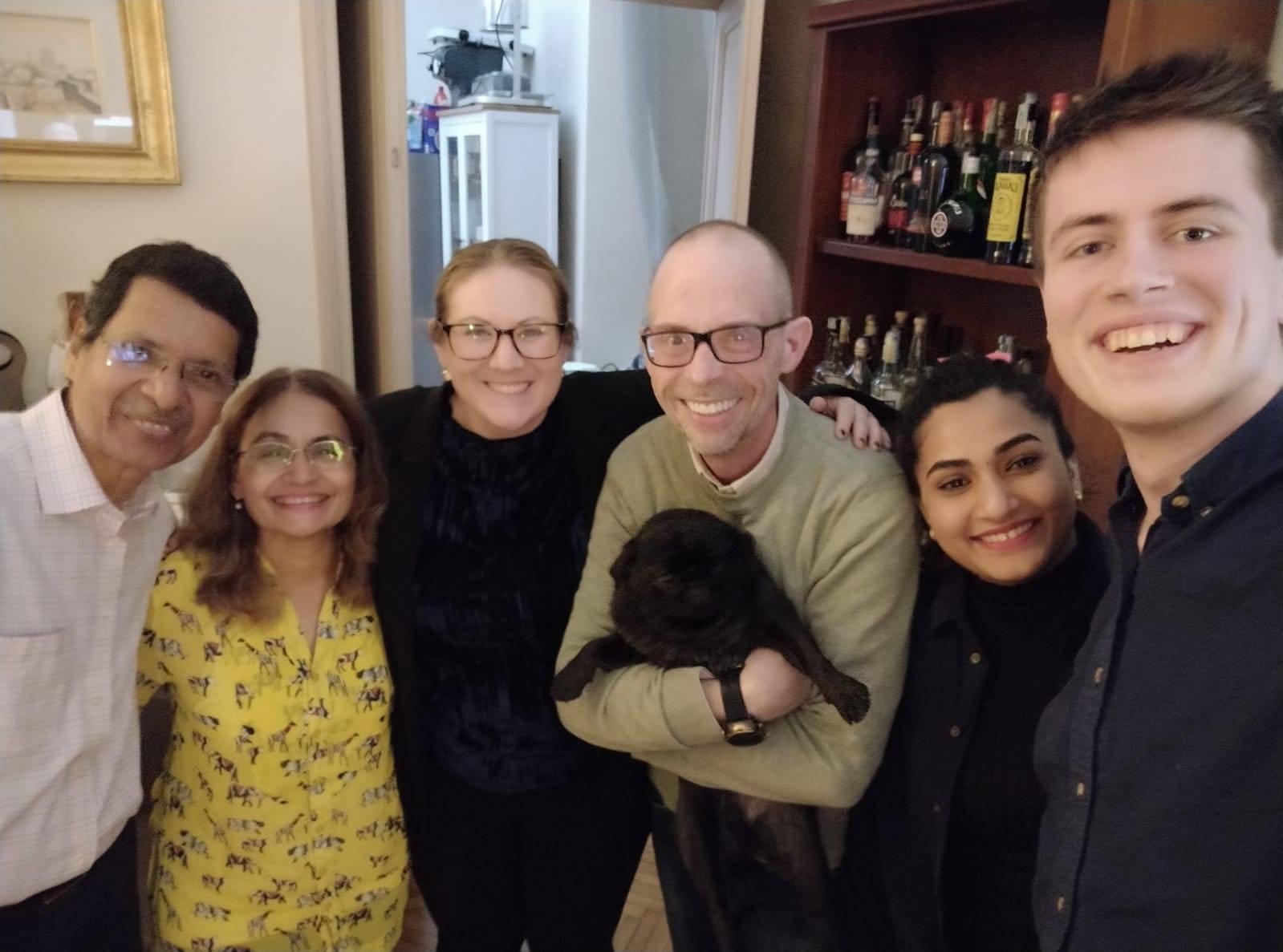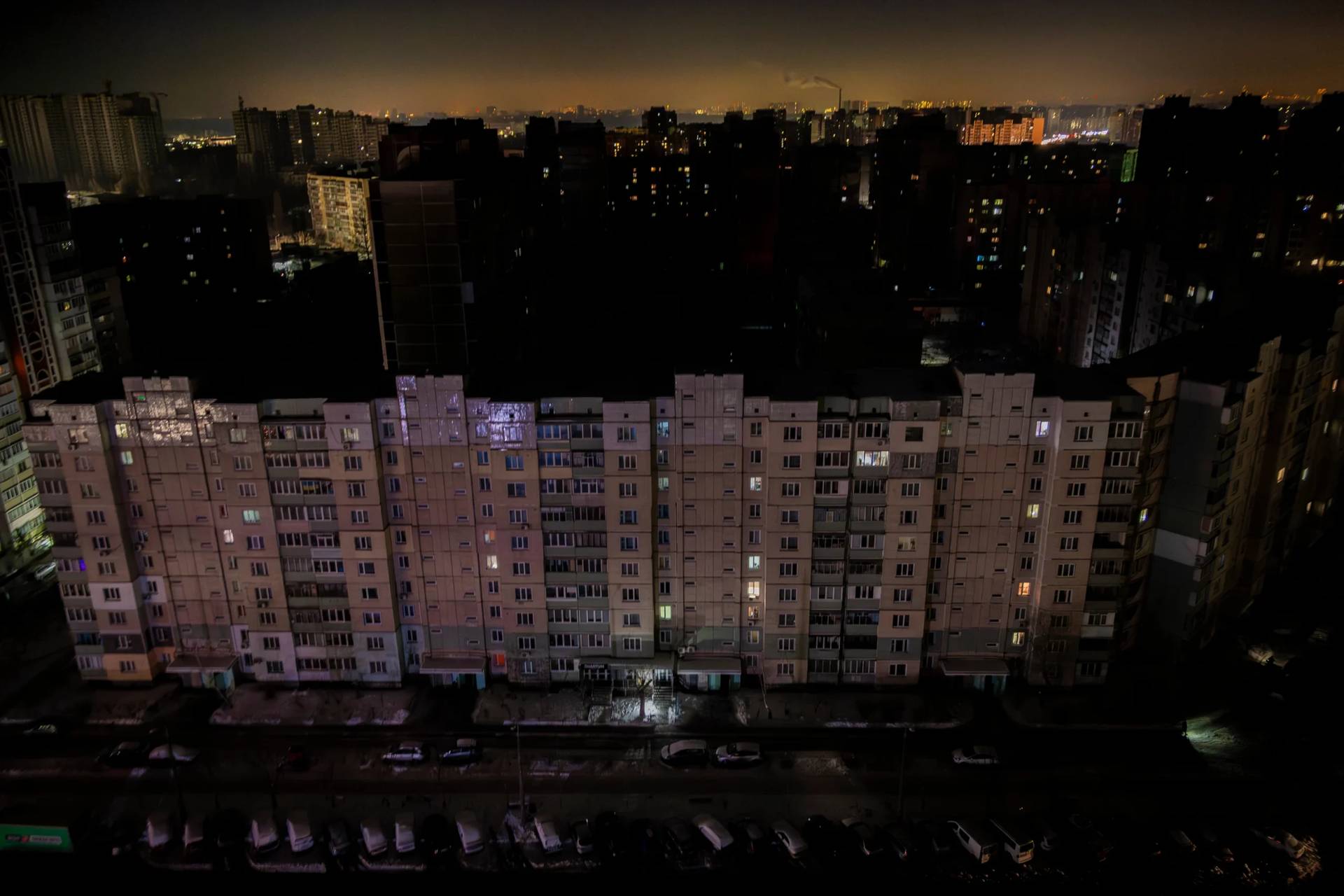One of the problems of the spotlight always being on Pope Francis is that it can put a shadow on everyone else around him.
The pope’s trip to Cairo is a case in point. He will be joined there by the spiritual head of the Orthodox Church, Patriarch Bartholomew I of Constantinople.
This is more than just a photo-op. Ever since taking office, Francis has often met with Bartholomew, and they have developed a real friendship. The patriarch even joined the pontiff when he visited the island of Lesbos last year to visit a refugee camp.
The patriarch has had a huge influence on the pope’s views on ecology, and he was the one who established the Day of Prayer for Creation, which Francis has since promoted.
In many ways, since the retirement of Benedict XVI, Bartholomew has been the one providing much of the intellectual heavy lifting for Christianity, especially in its relations with Islam.
This should not be surprising: Bartholomew lives in Istanbul, the predominantly Muslim city which has served as the traditional bridge between the Christian and Muslim world for centuries.
Which is why it is a shame almost no one reported on his Thursday remarks at the Al-Azhar peace conference in Cairo, because he offered a blueprint for the future of interreligious dialogue based upon recognizing the central role religion plays in human life.
Bartholomew said the world is not fulfilling “the modernistic expectation of a post-religious secular age,” but is “becoming a post-secular period, or even [an epoch] of religious explosion.”
The patriarch said religion “appears as a central dimension of human life, both at the personal and the social levels,” and claims a public role by participating in all central contemporary discourses.
Bartholomew listed four central ways religion affects humankind.
- “Religion is connected with the deep concerns of the human being. It provides answers to crucial existential questions, giving orientation and meaning of life. Religion opens to human beings the dimension of eternity and that of truth.”
- “Religion is related to the identity of peoples and civilizations. This is why knowledge of the belief and religion of the other is an indispensable precondition of understanding otherness and of establishing dialogue.”
- “Religion has created and preserved the greatest cultural achievements of humankind. Essential moral values, solidarity and compassion, as well as respect of the whole creation.”
- “Religion is a vital factor in the peace process. As St. Paul once wrote, God is not the author of confusion but of peace. Religion can of course divide by causing intolerance and violence, but this is rather its failure, not its essence which is the protection of human dignity.”
Bartholomew then pointed to the two opposing extremes pulling at religion in the contemporary world: Relativism and fundamentalism.
He said relativism is deeply connected with secularism, and that fundamentalism is seen by many as a reaction to this fact.
“Indeed, fundamentalism often sees itself threatened or even persecuted by relativism,” the patriarch said, “while the last denies the existence of truth, the fundamentalism considers that its own truth is unique, and must therefore be imposed over the others, thus making impossible for religion to serve as a bridge between human beings.”
Bartholomew said the ongoing outbursts of religious fundamentalism and “terrible acts of violence in the name of religion” are giving ammunition to the modern critics of religious faith, supporting the identification of religion with its negative aspects.
He countered this by saying violence is the negation of fundamental religious beliefs and doctrines.
“True faith does not release humans from being responsibility for the world, from respecting human dignity, and from struggling for justice and peace,” the patriarch said, “on the contrary, it strengthens the commitment of human action, it enlarges our witness for freedom and human core values.”
Bartholomew was speaking at the foremost institution of Sunni Islam – Al-Azhar has even been called the Muslim Vatican – in a country which has seen a series of attacks by Islamist groups, including ISIS.
Like Francis, he had to strike a balance of calling for religious believers to eschew violence, while re-affirming that Islam itself is not to blame.
“By our presence today, during this very important conference, we would like to oppose at least one prejudice: Islam does not equal terrorism, because terrorism is a stranger to any religion,” he said to applause.
But at the same time, Bartholomew called for more from all religious leaders, and implicitly Muslim leaders.
He said the credibility of religions today also depends on “their attitude towards the protection of human freedom and dignity, as well as on their contribution to peace.
“For religions, real peace in the world is not simply the absence of war, but essentially the presense of freedom, justice, and solidarity,” the patriarch said.
He spoke of the central role in interreligious dialogue – carried out in mutual confidence and respect – in this process, saying it can “chase away fear and suspicion.”
Bartholomew concluded his address by saying humanity is entitled to expect more from religious leaders than they are getting.
“This is the biggest challenge for religions, to develop their own potentials of love, solidarity, and compassion,” – the patriarch said – “this is what humanity deeply expects from religion today.”














